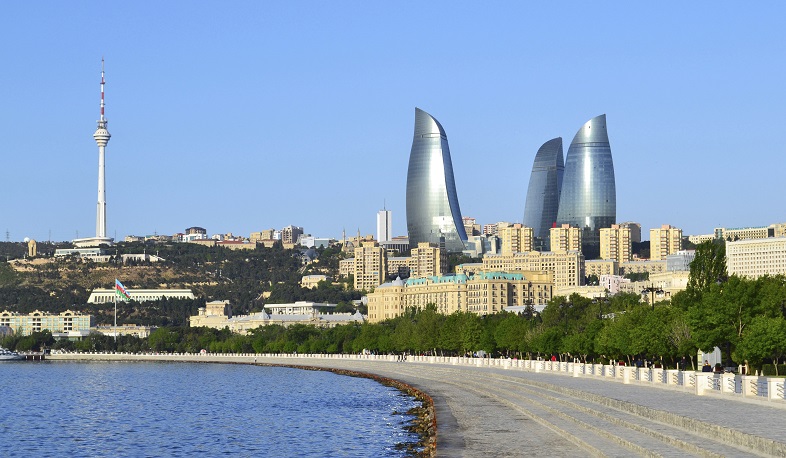
Study: To achieve its strategic interests, Azerbaijan has tried to develop an international Islamic agenda concerning the Artsakh conflict
Since achieving independence, Azerbaijan has employed its Islamic identity in its foreign policy to develop an international Islamic agenda concerning the Nagorno-Karabakh (NK) conflict, the authors of the research article titled “Islamic diplomacy of Azerbaijan in the context of the Nagorno-Karabakh 2020 war: the role of the organization of Islamic Cooperation” noted.
According to the study, Azerbaijan has promoted the notion of Islamic solidarity and diversified its strategic interests in the conflict. The study aims to analyze Azerbaijan’s diplomatic strategies to garner comprehensive support from the Organization of Islamic Cooperation (OIC) in the Nagorno-Karabakh conflict.
Until 2020, Azerbaijan and Armenia maintained a situation characterized by neither war nor peace. Nevertheless, they cooperated, albeit with certain reservations, within the OSCE Minsk Group’s negotiation process.
Since Dec. 12, 2022, Azerbaijan has dispatched so-called eco-activists to the Lachin Corridor, obstructing traffic and food. Azerbaijan cut off the gas supply from Armenia to Artsakh (between Dec. 13 and 16), putting the 120,000 Armenian residents of NK at risk of a humanitarian crisis.
After Nagorno-Karabakh completely came under Azerbaijani control, its capital, Stepanakert, was renamed with the Azerbaijani name of Stepanakert, which was not used even in the Soviet period and was put into circulation by the Ilham Aliyev regime.
In some instances, if Armenian churches are not directly demolished, they are instead “renovated”. A pseudoscientific theory guides this renovation, suggesting that they are Albanian.


